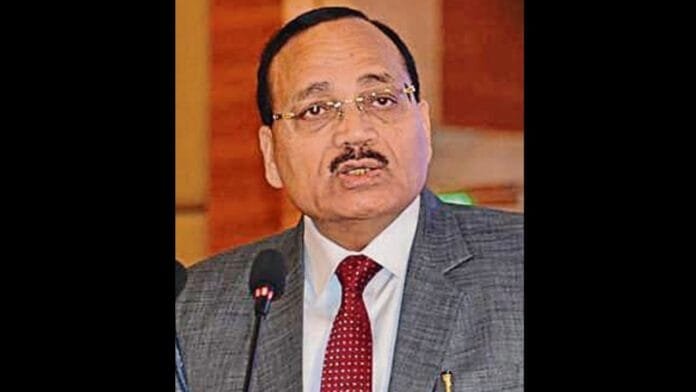Justice Surya Kant on Monday (November 24, 2025) was sworn in as the 53rd Chief Justice of India (CJI), with President Droupadi Murmu administering the oath of office at Rashtrapati Bhavan. He succeeds Justice Bhushan R. Gavai and is set to serve a 14-month term at the helm of the Indian judiciary.
Justice Kant, born on February 10, 1962, in Petwar village in the Narnaud region of Hisar, comes from a rural background and completed his schooling in government schools in the area. He earned his law degree from Maharshi Dayanand University, Rohtak, in 1984 and began his legal practice the same year in the Hisar district court. A few years later, he moved to Chandigarh and built a formidable practice in the Punjab and Haryana High Court, focusing largely on constitutional, service and civil matters. He later completed an LLM from Kurukshetra University while serving on the Bench, graduating as first-class first.
His rise through the legal profession was unusually swift. In 2000, at just 38, Kant became the youngest Advocate General of Haryana. A year later he was designated Senior Advocate, and in 2004 he entered the judiciary as a judge of the Punjab and Haryana High Court. He went on to serve as Chief Justice of the Himachal Pradesh High Court in 2018, before being elevated to the Supreme Court in May 2019.
Over six years in the apex court, Justice Kant authored more than 300 judgments, including several with far-reaching constitutional implications. He was part of the Constitution Bench that upheld the abrogation of Article 370, the bench that delivered the judgment on Section 6A of the Citizenship Act, and the bench that granted interim bail to former Delhi Chief Minister Arvind Kejriwal while holding his arrest lawful. Most recently, he was on the bench that gave its opinion on the Presidential reference concerning the time frame for gubernatorial and presidential assent to legislation passed by state assemblies.
With his assumption of office, the Supreme Court begins a new phase under a judge known for a sharp grasp of constitutional law and an equally strong focus on administrative reform inside the judiciary. Justice Kant will lead the court at a time when several key constitutional matters are pending and judicial backlog remains a major institutional challenge.



















